We all use online communications to maintain contact with friends and family, to share information fast when time is crucial in spite of physical distance, to research, develop, connect, interact.
In a world where we all increasingly rely on it, online communication must be safe and trusted.


A grandmother sending a photo of a young child in the bath tub, to parents living abroad. A doctor using chat apps to consults with patients who can not travel for a physical examination.
All of the above are normal and legitimate ways of communicating online. However, when conversations are monitored and scanned, these kind of photos are easy to be misinterpreted. Both a grandmother and a patient could be automatically flagged as abuse perpetrators.
The measures proposed by the EU with its CSA Regulation affect us all. However, you should be particularly worried if you are or care about a young person / teenager, workers that uphold professional secrecy and human rights defenders.
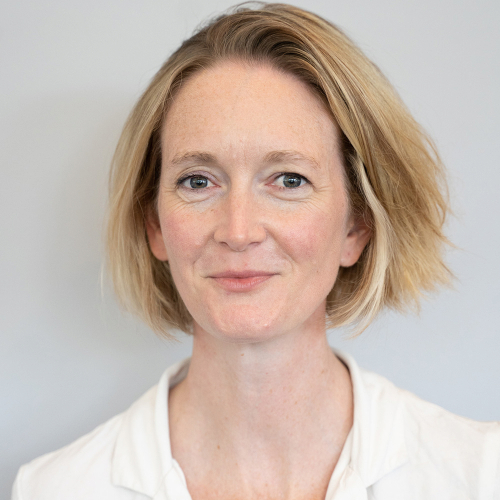
Vi forsøger at undersøge de samme regeringer, der har adgang til denne scanningsteknologi. Journalister er allerede under angreb og bliver udset som mål. Denne lovgivning vil blot give mere magt til dem, der har magten, til at misbruge deres stilling.
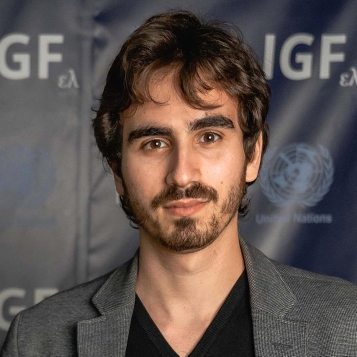
Scanning af vores telefoner og bærbare computere er en nem måde for magtfulde personer til at få adgang til vores private samtaler. I dag gælder det til CSA-materiale (børnemisbrugsmateriale), i morgen vil der være en anden undskyldning. Hvem vil sige nej til andre anvendelser, når teknologien allerede er til stede? Det fører til en afbrydelse af den frie informationsstrøm og vil virke afskrækkende på ytringsfriheden.
Charalampos Kyritsis
Ung aktivist, Grækenland
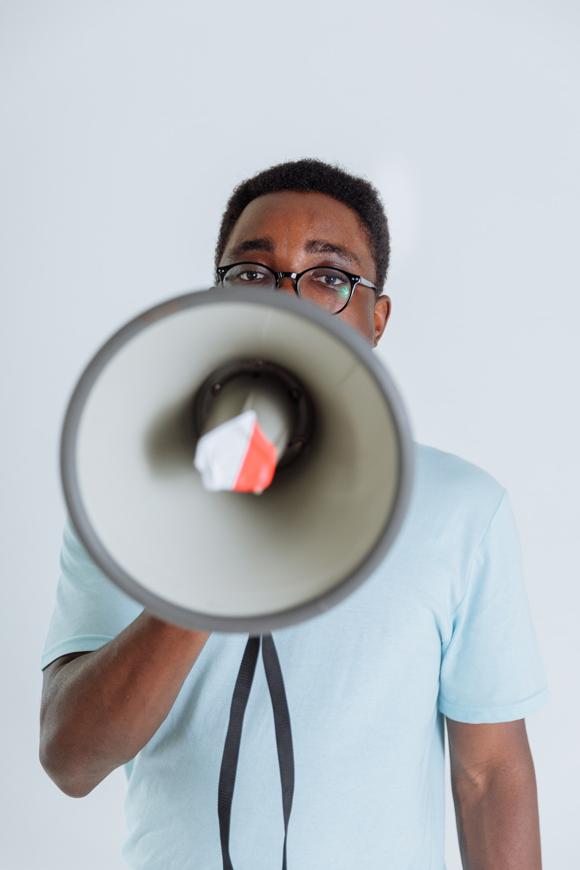
Det vil de facto give myndighederne adgang til indholdet af krypterede meddelelser. Det vil svække online-sikkerheden for folk, der arbejder med følsomme oplysninger (journalister, advokater, menneskerettighedsforkæmpere osv.). Hvad med apps og software som Signal og Tor, der ikke indsamler metadata om deres brugere?
Ligue des Droits Humains
NGO, Belgien

Dette lovforslag vil fratage trygge og krypterede rum fra de unge og fra aktivister hvor de har muligheder for at tale om erfaringer og snakke om personlige og politiske emner. Vi vil ikke at vores tilsyneladende private samtaler er blevet brugt imod os.
Aura
Ung aktivist, Tyskland.

Hvis vores beskeder er blevet opsnappet vil det skade vores historier og sikkerheden af de mennesker som er vores kilder. [...] Folk kunne blive dræbt.
Young people & teenagers

Online spaces provide extraordinary opportunities to connect with others and to build safe spaces for exploration. Empowering and safe spaces can only be possible with privacy.
A big part of being young is exploring our identities and owning our own power by finding out what we like, what we believe in and who we want to be. In a digitalised society, online spaces are an essential part of this stage in life as we connect with others, including through social media, instant messaging apps and video games. Online spaces provide extraordinary opportunities to connect with others and to build safe spaces for exploration.
Journalism, doctors, lawyers
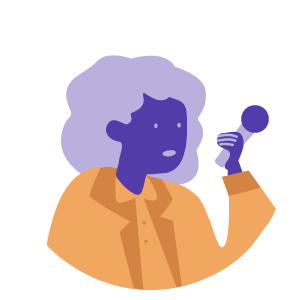
Whether it is journalists investigating the truth or combating dis or misinformation, lawyers consulting their clients or doctors and therapists supporting their patients - privacy is essential.
We all need privacy. Whether it is journalists investigating the truth or combating dis or misinformation, lawyers consulting their clients or doctors and therapists supporting their patients - privacy is essential.
Investigative journalists find it essential to use end-to-end encrypted messaging to be able to research powerful people in the governments or companies. For example, the team of Organised Crime and Corruption Reporting Project (OCCRP) relies on safe, private communications to research Russian atrocities in the war with Ukraine. If powerful or corrupt people are able to snoop in researchers' conversations, most could be intimidated, harassed, threatened or worse.
The proposed CSAR would make surveillance of journalists the rule and the protection of their sources impossible.
Psychologists, doctors, lawyers, and all professions who uphold professional secrecy lean on safe communications to be able to comply with their duty. Destroying private and safe communications would make this impossible. Nobody should be forced to have their medical, legal or mental health issues scanned.
Human rights defenders
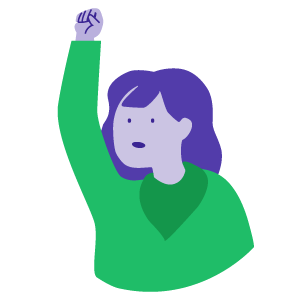
For human rights defenders, secure and trusted communication is often a matter of physical safety and democratic organising.
Human rights (including our digital rights) defenders have sustained most of positive social change. They are activists, volunteers and whistleblowers, political dissidents, professionals working with civil society organisations. They shine light on human rights violations, systemic injustice and climate, social and economic justice demands.
For human rights defender, secure and trusted communication is often a matter of physical safety and democratic organising.
Think of UN whistleblowers that uncovered UN's inaction in cases of sexual abuse, complicity in money laundry, etc. In the case of women defenders, land defenders from indigenous groups, racial justice activists, sex workers defenders and defenders of migrants, unsafe communications can have life or death consequences.
Their valuable work for human rights and democracy is made possible by strong protections and safe communication channels. End-to-end encryption is part of their basic work tools to avoid being monitored by the same governments or corporations they are denouncing. Encryption, safe communications and anonymity are essential for this.
The CSA Regulation endangers the life of human rights defenders in Europe and across the globe.
Få de seneste nyheder fra Stop Scanning Me-kampagnen, og find ud af, hvordan du kan bidrage til at gøre internettet til et sikkert sted for alle.